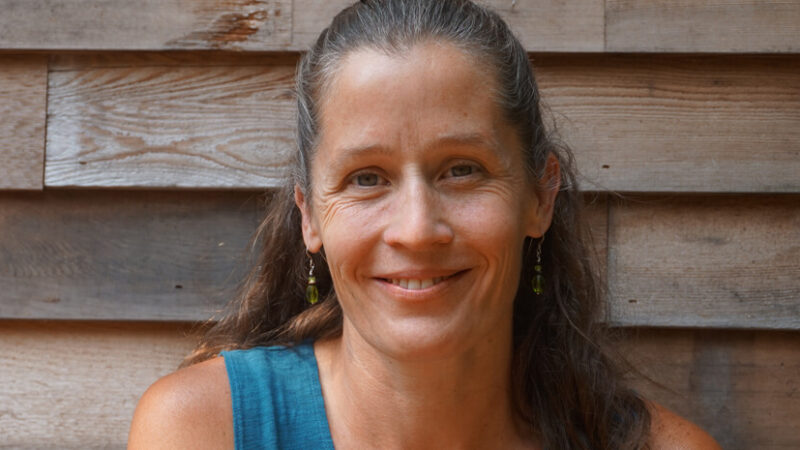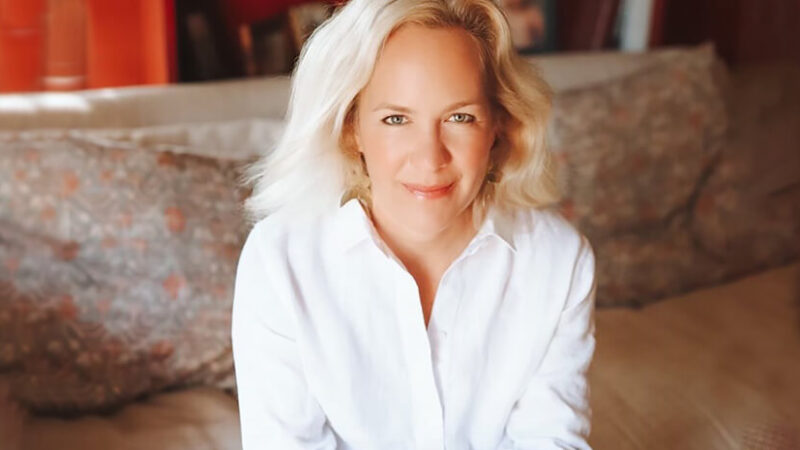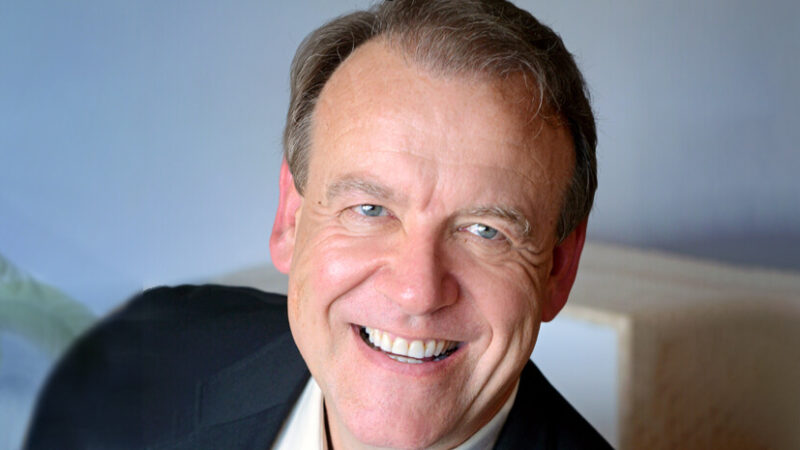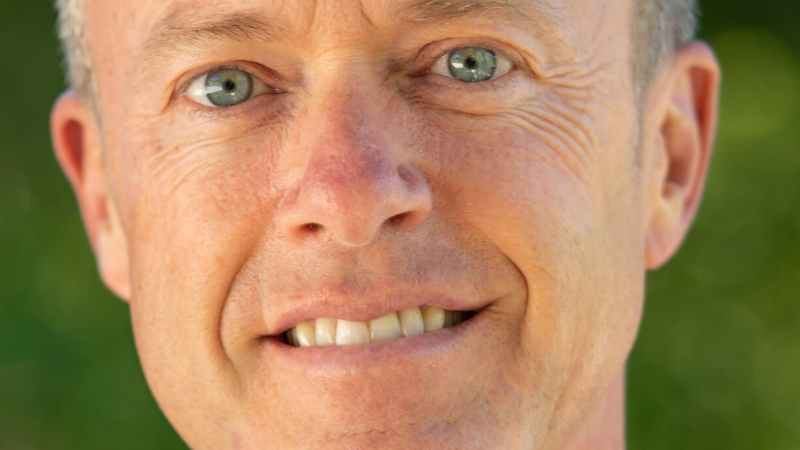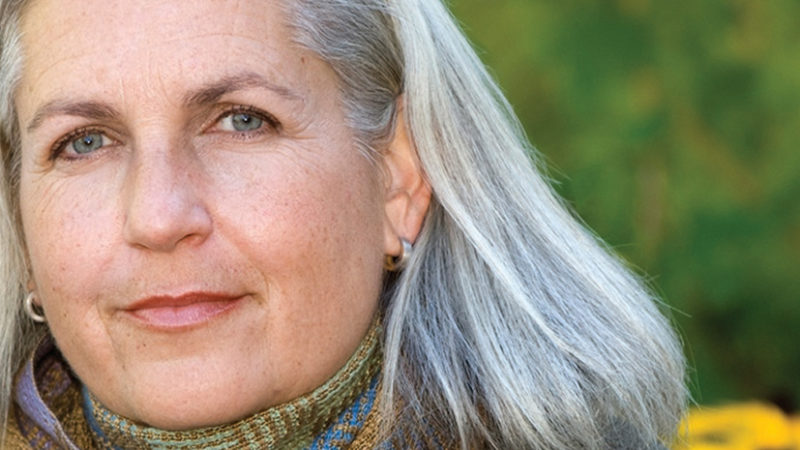-
E117: The Real Work: Letting Go from Within
Michael Singer — October 2, 2025
True spirituality isn’t about mystical experiences or lofty ideals—it’s about honestly facing...
-
Once More: Reflections on Reincarnation and the Gap Between Lives
Tami Simon — September 26, 2025
In this special reflection episode of Insights at the Edge host Tami Simon looks back on her...
-
Honey Tasting Meditation: Build Your Relationship with Sweetness
There is a saying that goes “hurt people hurt people.” I believe this to be true. We have been...
Written by:
Amy Burtaine, Michelle Cassandra Johnson
-
Many Voices, One Journey
The Sounds True Blog
Insights, reflections, and practices from Sounds True teachers, authors, staff, and more. Have a look—to find some inspiration and wisdom for uplifting your day.
Standing Together, and Stepping Up
Written By:
Tami Simon -
The Michael Singer Podcast
Your Highest Intention: Self-Realization
Michael Singer discusses intention—"perhaps the deepest thing we can talk about"—and the path to self-realization.
This Week:
E116: Doing the Best You Can: The Path to Liberation -
Many Voices, One Journey
The Sounds True Blog
Insights, reflections, and practices from Sounds True teachers, authors, staff, and more. Have a look—to find some inspiration and wisdom for uplifting your day.
Take Your Inner Child on Playdates
Written By:
Megan Sherer
600 Podcasts and Counting...
Subscribe to Insights at the Edge to hear all of Tami's interviews (transcripts available, too!), featuring Eckhart Tolle, Caroline Myss, Tara Brach, Jack Kornfield, Adyashanti, and many more.
Most Recent
Melissa Brown: Nourishing Your Nervous System
When was the last time you felt truly relaxed, present, and at peace with everything going on in your life and in our world? In this podcast, Tami Simon speaks with Melissa Brown about her new audio learning program, Nourishing Your Nervous System, and how we can begin to empower ourselves to choose the state of regulation over dysregulation. Give a listen to this practical and inspiring discussion of the ventral vagal branch of the parasympathetic nervous system—and how we can access it for calm, joy, and vitality; co-regulation with others as a means to move out of dorsal depression; productive thinking versus rumination and other forms of unhealthy thinking; the elongated breath as a tool for shifting out of sympathetic arousal (or the “fight, flight, freeze” response); improving your “vagal tone”; doom-scrolling, binge-watching, and other ways we distract ourselves from what we don’t want to feel—and how we can learn to hold a state of vitality and a state of tension at the same time; the psoas muscles and their connection to nervous system activation; the benefits of “constructive rest pose”; “fixed action patterns” and how the psoas muscles store trauma; attuning to your heart; and more.
Mary Firestone: Trusting the Dawn: Choosing Freedom an...
In 2018, Mary Firestone survived the tragic Montecito mudslide caused by 200 million gallons of rainfall in 15 minutes, washing away her home and more than a hundred others. In the wake of this experience, Mary began a healing journey that led to the creation of her new book, Trusting the Dawn: Choosing Freedom and Joy After Trauma. In this podcast, Sounds True’s founder, Tami Simon, speaks with Mary about her personal story and the lessons she offers in the book, including how we share the narratives of our past traumas; the difference between being victimized and remaining in victimhood; reframing our experiences versus spiritual bypassing; the importance of integration for the healing of trauma; MDMA, ketamine, and holotropic breathwork therapies; the “personal I” and the “depersonalized I”; initiation experiences; overcoming fear around speaking your truth; hypnosis and past-life regression as a pathway to wholeness; meditation, EMDR, flower essences, and other widely accessible alternative healing modalities; the power of choice; and more.
The Surprising Power of EFT (Emotional Freedom Techniq...
In this podcast, Tami Simon speaks with Dr. Dawson Church about Emotional Freedom Techniques (EFT) and the technique known as “tapping”—and its amazing efficacy in trauma healing and post-traumatic growth. Tune in to this hope-giving, possibility-expanding conversation that explores bringing energy therapies into mainstream primary care, the proven effects of tapping acupuncture meridians to calm limbic activity, the history of tapping and the steps involved in practice, the importance of self-acceptance, avoiding retraumatization through memory reconsolidation and emotional extinction, the impacts that tapping has on our brain waves and sleep patterns, resilience and post-traumatic growth, meditation practice and the experience of “bliss brain,” the power of compassion, and much more.
Customer Favorites
Scott Shute: Moving from Me to We: Compassion at Work
Scott Shute is the head of LinkedIn’s Mindfulness and Compassion Programs and a featured trainer in the Inner MBA, a nine-month immersion program that Sounds True has created in partnership with LinkedIn, Wisdom 2.0, and MindfulNYU. In this week’s podcast, Tami Simon and Scott discuss the new revolution that is underway at today’s workplaces. Their conversation explores the importance of being present in order to find strength from the inside, learning to relax our minds and bodies, integrating spirituality and business, the power of compassion to shift a workplace from “me-centered” to “we-centered,” and much more. (57 minutes)
The Joy that Death Does Not Have the Power to Destroy
James Finley, a renowned teacher in the Christian contemplative tradition, speaks with Tami Simon about the enduring wisdom of 14th century Christian mystic Meister Eckhart. James, who studied at the Abbey of Gethsemani with Thomas Merton, is the author of the book Christian Meditation, and with Sounds True has created many audio courses, the latest of which is Meister Eckhart’s Living Wisdom: Indestructible Joy and the Path of Letting Go. In this episode, James speaks with Tami about what he has found most compelling in the life and teachings of Meister Eckhart, what it means to be illumined by faith and to live in vulnerability, and leads us through a Christian meditation practice in the mystical tradition. (68 minutes)
Terry Tempest Williams: Finding Beauty in a Broken Wor...
Tami Simon speaks with Terry Tempest Williams, a writer, naturalist, environmental activist, and author of several books including Finding Beauty in a Broken World and an original audio adaptation of the book, published by Sounds True. In this interview, Terry discusses her creative process as a writer and how she has been able to find […]

